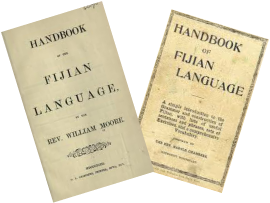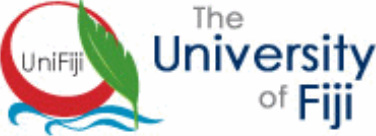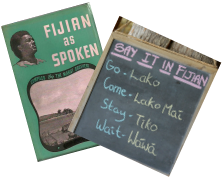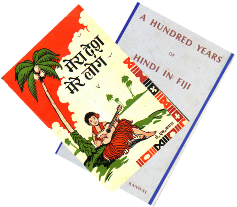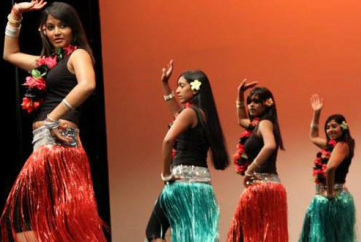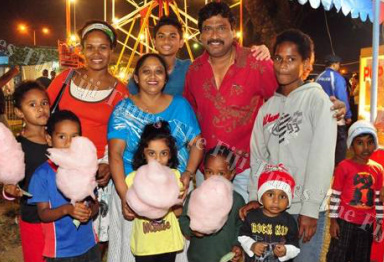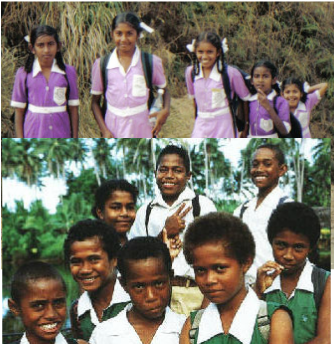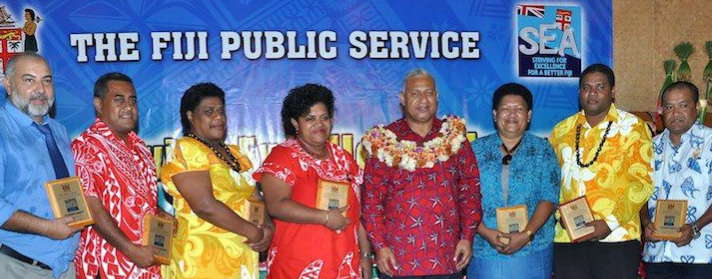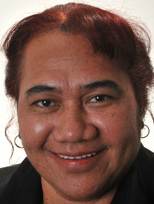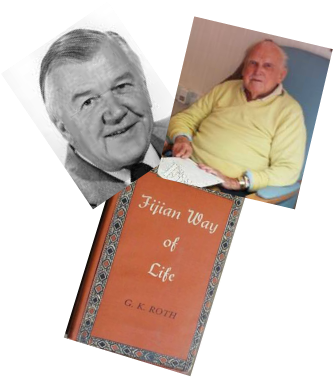1: Fijian language be the national language (lingua franca) of Fiji
| In proposing that the Fijian language should be the national language of Fiji, the SDL submission told the Constitution Commission as follows: Chapter 1, Section 4 of the 1997 Constitution provides that the English, Fijian and Hindustani languages have equal status in the State. They will continue to be the official languages of Fiji. Every citizen has the right to use any of the three languages to do business with a government department, an office in a state service or a local authority. Language is central to the culture of an ethnic community and it is important that the language of that community is promoted as a means of communication and preservation of a culture. In Fiji two immigrant languages have equal status with one host language, the Fijian language, thus giving the effect/impression that the host language, if not, the attendant Fijian way of life, is being marginalised. The English language is a very strong international language and there is no reason to believe that this strong position is likely to weaken, even in the long term. India has become a strong force in the global economy, politics and international relations. With over one billion people of Indian origin around the world, the Hindustani language will surely become a strong international language as well. The intense promotion of Indian language, culture through Indian films and Bollywood is concerning as are the others, TV films, sponsorship in the Media etc. How do we expect the development of our own Fiji Hindi to grow out of his morass? I understand that some of our public institutions are being involved and I would suggest they pay some attention with their public funds and their time to the development of our own Fiji Hindi and Fijian for that matter. But there are only about 600,000 Fijians in Fiji and around the world. If the Fijian language is not promoted, the future of the language and Fijian culture would be at risk. There are basically several arguments in support of this proposal. First, a national language, particularly if it is the host language, would become a strong unifying factor for a multicultural Fiji. If every Fiji citizen is able to converse and communicate in the Fijian language it is likely that its impact on inter–personal relations, multiracialism, and national cohesion would be far– reaching. This is crucial in our national endeavor to forge a cohesive multi-racial Fiji. Successive governments have recognized this and have at various times advocated the learning of the Fijian language in educational institutions and many political commentators have agreed that it has proven to be a strong unifying factor. Second, the Fijian language as the national language should be the language of our national anthem. And third, the use of the Fijian language as our national language will ensure its promotion and the protection of Fijian culture from extinction. If this proposal is accepted then it would be important to make it compulsory for all primary and secondary school children to learn and be conversant with the Fijian language. Special provisions should be made, however, for those adult citizens who cannot converse in the Fijian language or who because of age or circumstances cannot learn to speak the language. The University of Fiji, the Fiji National University and the University of the South Pacific should have courses dedicated to the learning of the Fijian language. It should be a requirement that teacher intake have training in the Fijian language. These would attest to the recognition of the importance of strengthening the Fijian language and its role in nation building and the creation of a national identity. All these provisions will assist to abate the latent and inherent insecurity amongst Fijians that their culture and way of life including their language is under threat. This would subsequently make them more willing to embrace other cultures and other ways of life, as contributing to a vibrant, multi-cultural Fiji. It is a well known fact nationally that in parts of Fiji (parts of Nadroga, Ba, Vanua Levu etc) where ethnic Indians have learnt to speak the local dialect they have enjoyed a more vibrant, tolerant and multi-cultural relation with their indigenous Fijian neighbors. They have been known to participate in elaborate presentations of the “sevusevu” and the “qaloqalovi” in fluent local dialect. These examples of engaging in the local ethnic language has not in any way diminished their strong and proud adherence to their own Indian heritage and culture, it has to the contrary, made them more appreciative and more dedicated to its own survival and development. These pockets of cultural appreciation and tolerance are already showing the Fiji that we are all striving for. | |
